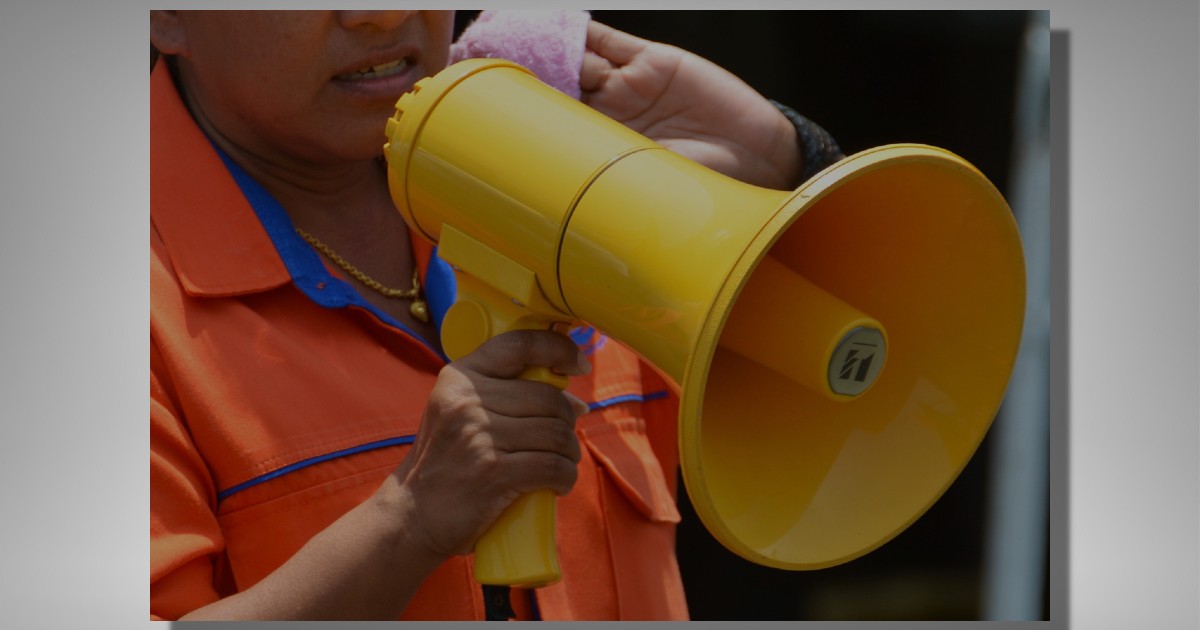Op-Ed by Lindsey Brock
There are many misguided people out there who try to equate the current anti-Semitic protests on university campuses with civil disobedience, such as the sit-ins in the 1960’s. But these differ primarily in their relationship to the law and the methods used to express dissent. Civil disobedience is characterized by the open, non-violent, and conscientious refusal to obey an “unjust” law or laws as a means of appeal to a higher law, combined with the willing acceptance of the penalty. This was exemplified in the 1960s sit-ins at white-only counters, where individuals deliberately violated segregation laws to protest racial inequality.
While civil disobedience often involves the exercise of free speech and assembly, even it is not always protected under the U.S. Constitution. The U.S. Supreme Court has held that the rights of free speech and assembly, while fundamental in our democratic society, do not mean that everyone with opinions or beliefs to express may address a group at any public place and at any time. Restrictions designed to promote public convenience in the interest of all and not susceptible to abuses of discriminatory application cannot be disregarded by the attempted exercise of some civil right which, in other circumstances, would be entitled to protection.
Acts of civil disobedience are often conducted within the bounds of the law, up to a point, and aim to express dissatisfaction or demand change without necessarily breaking the law. For instance, the March on Washington, led by Martin Luther King Jr., was a legal demonstration aimed at advocating for civil rights legislation. The March on Washington was more a general political protest than actual civil disobedience, precisely because it was a lawful assembly of people. These current campus protests cross the line when they devolve into trespass and destruction of property and when their actual speech crosses the line from protected speech to unlawful intimidation, harassment, and discrimination.
Many people do not understand that under the First Amendment to the U.S. Constitution, hate speech is generally protected as free speech. However, it is no longer considered protected when it falls into certain categories such as harassment, fighting words, or true threats that present a clear, proximate, and immediate threat of imminent unlawful action.
The First Amendment provides broad protection for the expression of ideas, even those that the majority of society may find offensive or distasteful. This includes hate speech, which is speech that demeans on the basis of race, ethnicity, gender, religion, age, disability, or any other similar ground. However, the First Amendment does not protect harassment, like we are seeing in these anti-Semitic protests, which is not considered a protected activity.
These campus protesters do not understand that the First Amendment does not protect “fighting words” or “true threats” that present a clear and present, proximate and immediate threat of imminent unlawful action. Preventing Jewish students from entering campus or going to classes is not protected free speech. The First Amendment does not protect speech that is directed to inciting or producing imminent lawless action and is likely to incite or produce such action. So while hate speech is generally protected under the First Amendment, it is not protected when it constitutes harassment, fighting words, or true threats that present a clear, proximate, and immediate threat of imminent unlawful action.
It’s important to note that civil disobedience and general political protest share a common goal of advocating for change and challenging perceived injustices. But they differ mainly in the methods used and their relationship to the law. While civil disobedience involves the deliberate violation of laws, general political protests can be conducted within the legal framework. Unfortunately, what we are seeing on today’s university campuses crosses that line into outright lawlessness and unprotected anti-Semitic hate speech.
The U.S. Supreme Court found that a civil rights leader’s conduct of leading a protest meeting of 2 000 persons lined up on a sidewalk violated a state statute, making it an offense for any person to “willfully obstruct the free, convenient, and normal use of any public sidewalk”. This is similar to the university campus protests. While the act of protest itself may be protected, the manner in which it is conducted can lead to legal consequences if it infringes upon other laws or regulations.
So while civil disobedience often involves the exercise of constitutionally protected rights, even it is not always protected under the U.S. Constitution when the conduct is in violation of the law, which is the true nature of that type of protest – showing that the law is unjust. These anti-Semitic campus protests are not the same. They are simply general political protests about government or university policies. And while they can be conducted in a lawful manner, like some of the civil rights protests in the 1960’s, the current behavior of trespass, destruction of property, and outright intimidation shows that the manner in which the protest is conducted, as well as the nature of the speech involved, can and should lead to legal consequences as well.
Lindsey Brock is a legal commentator and analyst for Florida Daily












